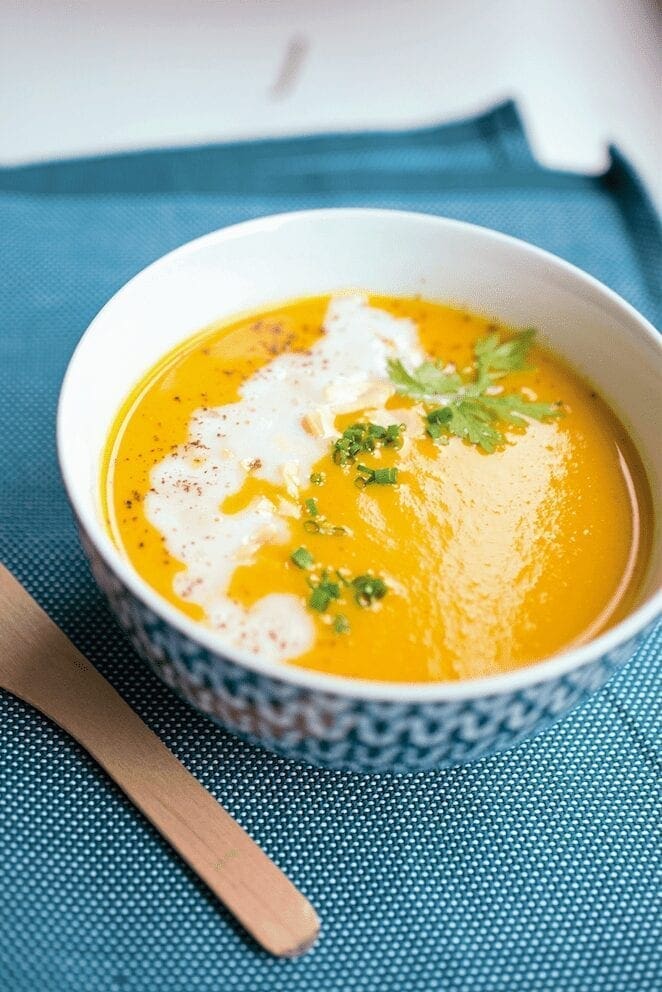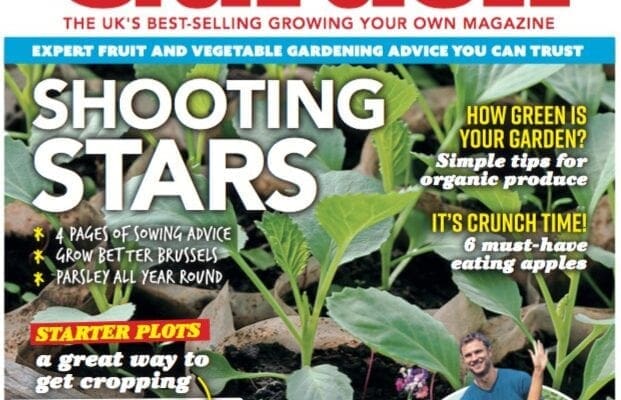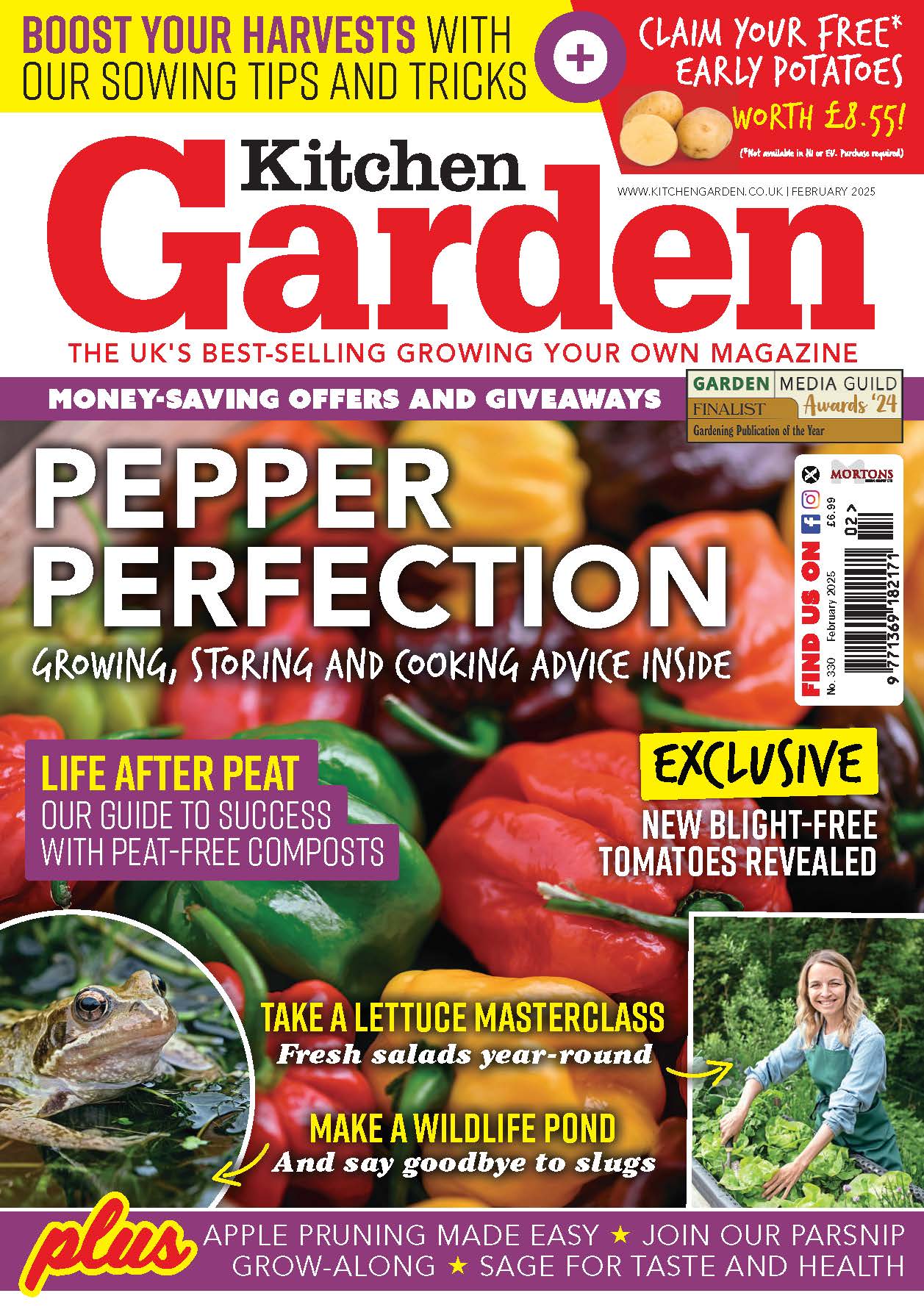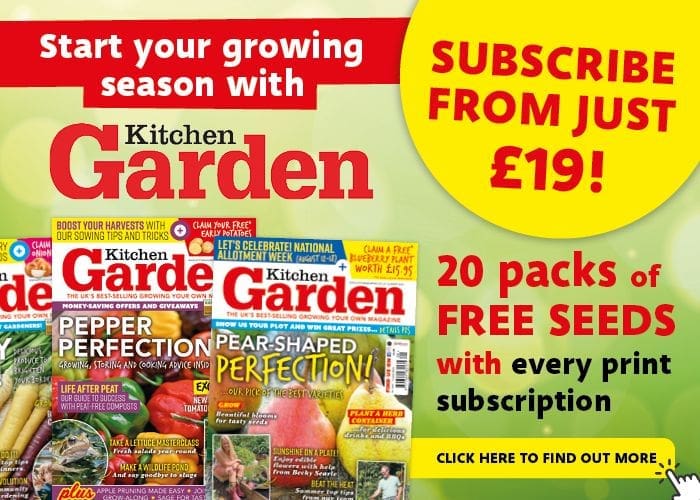As daylight hours slowly begin to lengthen, it’s time to think about planting for the days of sunshine that lie ahead. Welcome to 2020!
It may be cold outside, but many of us will start making the first tentative sowings inside or under cloches this month, writes KG editor Steve Ott (pictured below). Okay, it’s still a little early, but who can resist tearing open those packets of peppers, aubergines or tomatoes?
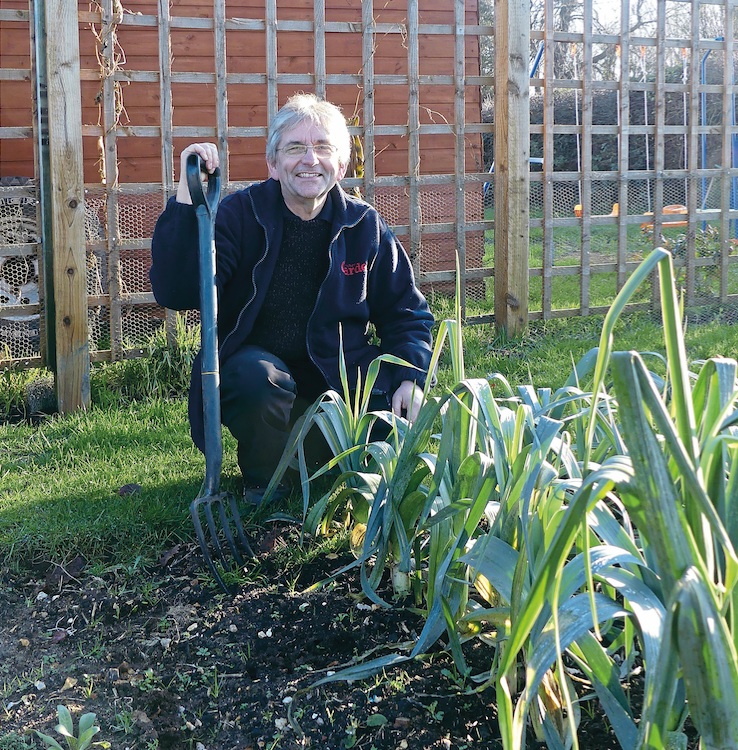
In this issue, top gardener and KG regular Ben Vanheems brings you his four-page seedling survival guide packed with great tips to help you get the best from your sowings and to put things right when they don’t go according to plan.
Professional fruit grower David Patch describes his favourite eating apples, all of which can be planted now, and I bring you my guide to growing delicious sprouts (yes, I said delicious) and also offer some top tips on getting the best from your free tomato and sweet pepper seeds.
The Potty Plotters and stalwarts of BBC Radio Derby bring you the next instalment in the story of their starter plots. These are small plots that newcomers to allotment gardening keep for a year under the guidance of experienced plotters. Sounds like a great way to let folks have a go and to decide if it’s for them before taking the plunge with a full-sized allotment. We would love to know if this is something your allotment site offers and if it has proved to be a success.
All-year harvests for your hens
Steph Humes, award-winning landscape designer and keen poultry keeper, offers advice on what you can feed your chickens throughout the year. For people who have space for a few hens, it’s a great way to enjoy the freshest eggs, while the birds will help clear your plot of pests and provide a ready supply of manure. You’d be surprised at when they’ll eat and enjoy – read Steph’s feature to find out more!
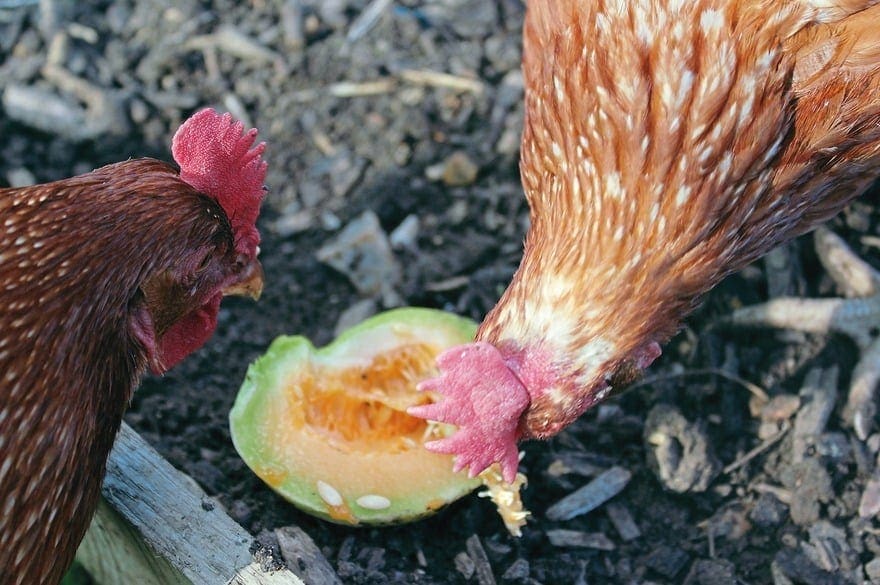
For peat’s sake, try this compost
Wendy Pillar takes a trip to Cumbria and finds out about a unique peat-free compost made from a blending of potash-rich bracken and sheep’s wool. With environmental concerns raised due to the digging of peat for garden use, this peat-free compost developed by Dalefoot Compost has a holistic approach, stemming from owner Jane Barker’s interest in permaculture. An environmental scientist who married into a Lake District sheep farming family, Jane tackled the need to diversify with a very permaculture approach. She looked at the waste products on the farm, and turned them into a resource.
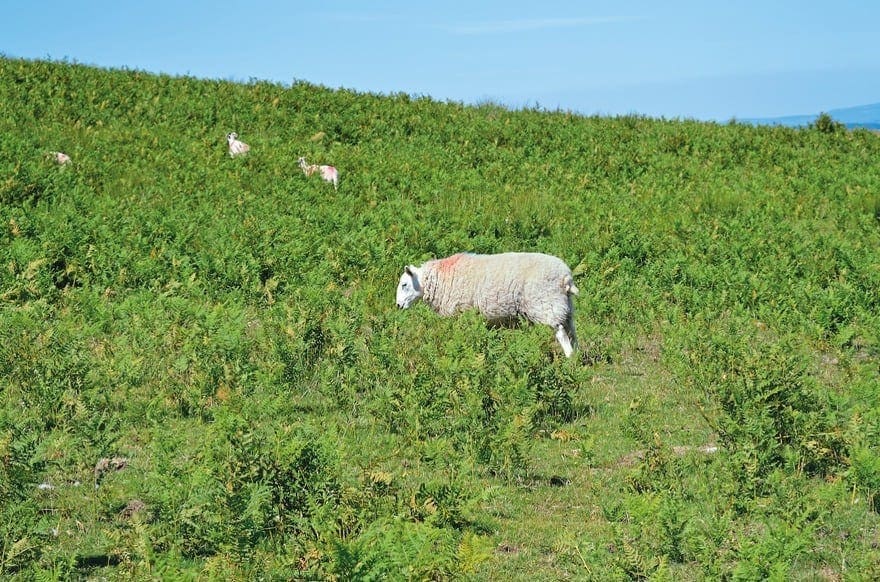
How green is your garden?
Gardening can have a really positive impact on the environment. Green gardener Becky Dickinson shares some eco-friendly tips in the February issue of Kitchen Garden magazine: When it comes to protecting the planet, gardening is up there with walking instead of driving, turning off the lights and putting out the recycling. So if you grow your own food, you’ve already notched up a fair few brownie points (or should those be green?). One of the great things about home-grown fruit and veg – besides the taste of course – is that there are no air miles and no unnecessary packaging. Although gardening is by definition good for the environment, Becky’s article reveals several ways to make it even more eco-friendly.
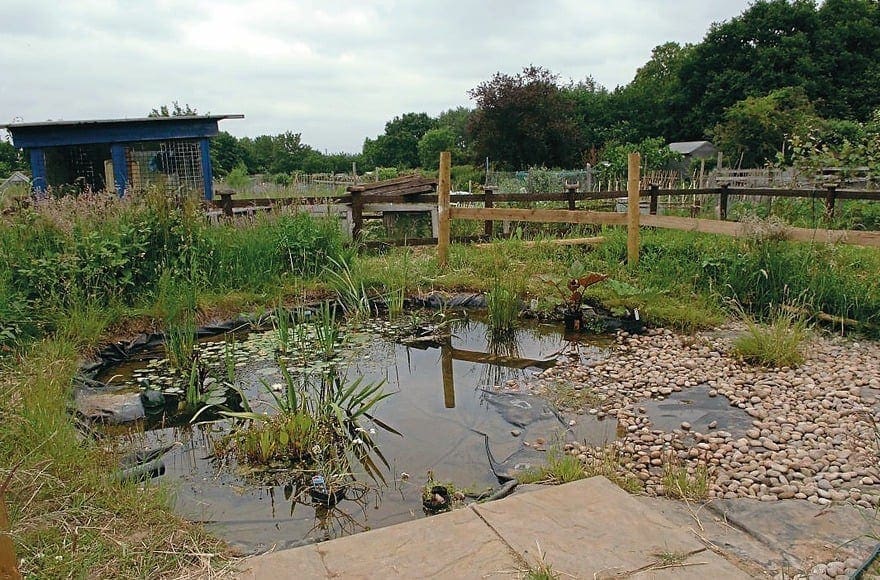
Recipes to try
Of course, no issue of KG would be complete without some exciting new recipes to try. It might be dark and cold this time of year, but there’s no lack of warmth and colour in Anna Cairns Pettigrew’s kitchen. So why not take inspiration? Bring out the carrots, kale and leeks and get cooking!
